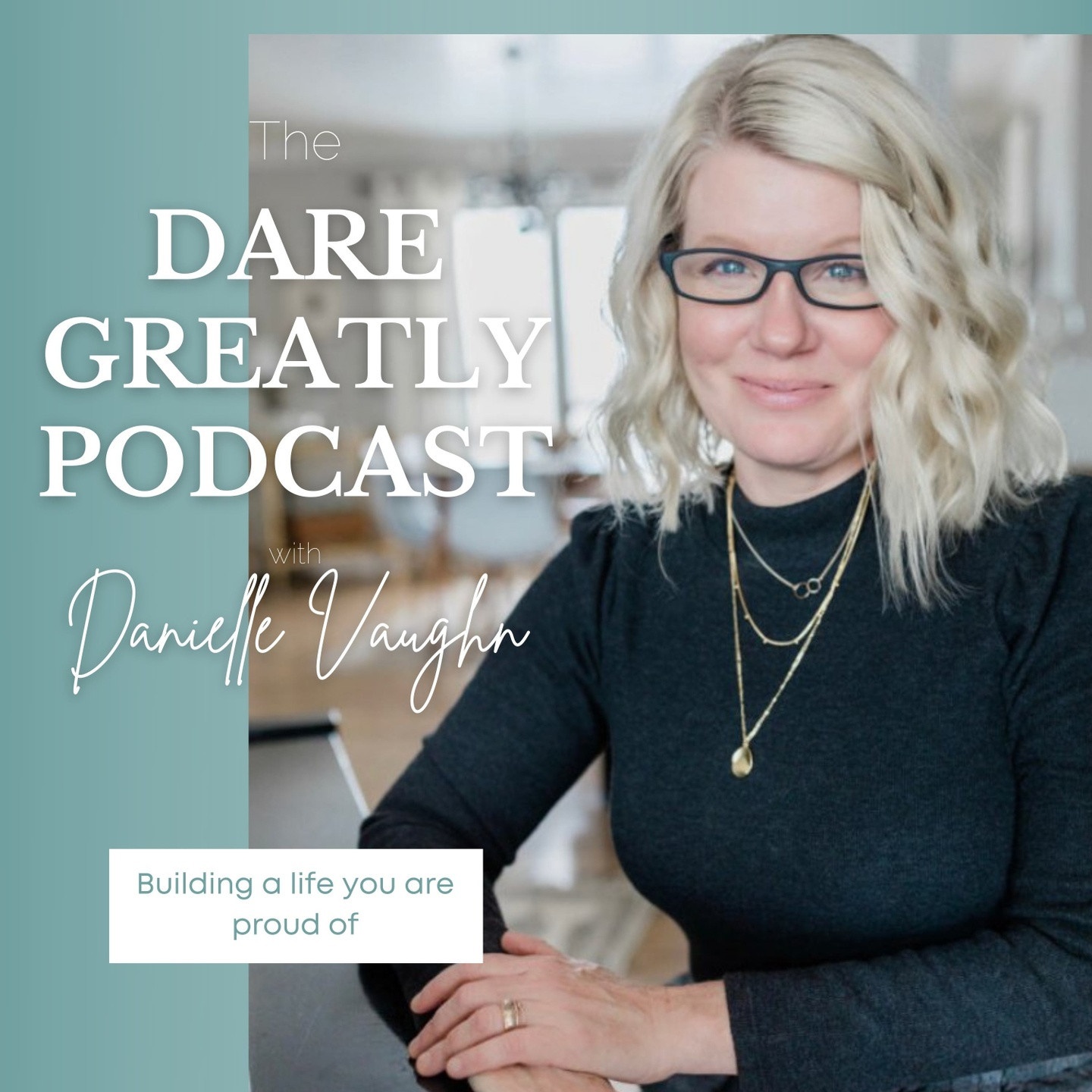Recognizing your Attachment Style in Relationships

When I coach clients in regards to their relationships, Attachment Theory shows up in how people express their beliefs about independence, dependence, receiving and giving love, support, affection, and boundaries.
It's fascinating as a coach to see how our brains often become 'stuck' in patterns that started in childhood.
We aren't always aware of these patterns. But I want to offer to you that the more aware you can become, the more fulfilled you can also become in how you experience your relationships with other humans.
Because with awareness also comes dealing and healing unhealthy patterns.
This is important stuff my friends!
Know your Attachment Style and do your work of healing, so that you can heal your family tree from negative patterns being perpetuated that aren't serving you and aren't serving your children (and grandchildren, and so on. . . )
Here are the Four Attachment Styles:
- Secure: Autonomous, trusting. Tend to find relationships simpler and more straightforward. Learned early on that it is safe to rely on people.
- Insecure - Anxious: Suspicious, preoccupied. Has a harder time trusting others (and themselves.) Usually had unreliable care takers - loving, supportive, and available one minute and unavailable, even threatening the next.
- Insecure - Avoidant: Dismissing. Hard to connect or show themselves. Often had caretakers who were excessively dismissive of their feelings or excessively engulfing.
- Disorganized: Unresolved. As a child was sometimes frightened by their caretaker(s). Love is sometimes confused with abuse, neglect, or severe abandonment.
(Source: John Gottman - The Gottman Institute, Seattle, WA, 2020)
If you struggle with insecurity or commitment in your relationship, and it keeps showing up in negative ways, or if you struggle 'relaxing' into love, then it's time to do your work of healing.
Do so with a qualified therapist or coach who knows their stuff.
We all know how love and romance can go awry - we've all experienced hurt and frustration at one point or another as we navigate the gnarly business of relationships.
But it doesn't have to be so fraught with negative emotion. There are ways to heal and unravel the knots that keep us stuck. You'll need a strong sense of courage, faith and willingness to do the work of healing. But I promise you, it is SO WORTH IT.
My clients who gain the most from our work together bring this single most important trait to their coaching sessions: a willingness to be open to introspection.
Are you willing to answer honestly for yourself the following questions:
- Why do I behave the way I do?
- What is my motivation for being anxious/fearful/noncommittal/distrusting/overly controlling?
- When did I first become aware of how I show up in relationships might not be very helpful?
John Bowlby, founder of Attachment Theory, defines attachment as "deep and enduring emotional bond that connects one person to another across time and space."
I personally love that definition. For most of us, to have just one person who we can categorize into that definition - is considered a huge blessing.
I think the important thing to keep in mind is that it’s safe to rely on other people.
Notice your reaction to the above statement.
I'll say it again.
It's safe to rely on other people.
We CAN learn to tolerate disappointment without collapsing. Of course other people will let us down! But it doesn't have to shut us down when they do.
That is where our work lies.
To love better WHEN we are disappointed.
Easier said than done, I know.
As the brilliant psychotherapist and relationships expert, Esther Perel has been known to say: “Tell me how you were loved and I will tell you how you make love.” By “make love,” I think she means how you do love — how you approach closeness, intimacy, dating, and romance.
If you want help here, reach out. I'm passionate about helping people thrive in relationships, marriage, and family life. I think strong families are the foundation of a strong, thriving society. I'm on a mission to do my part to help people achieve happiness in their home life.
I have noticed, as both a Life Coach and someone who has spent most of her romantic life afflicted by an anxious attachment style, that we show up in our relationships either as healed and whole, or with unrealistic expectations that the other person will heal us. But the truth is - we will attract partners who are about as emotionally available as we are.
So interesting.
The only way we can begin to have more fulfilling intimate relationships, therefore, isn’t by trying to change our partners, but by focusing on ourselves; learning to value and trust ourselves; working on achieving “interdependence” where we can reach out to others for help but also nurture ourselves.
This is the key.
If this kind of healing work is speaking to you, don't delay. Let's get on it.
You've got this.
And I'm here for you.





